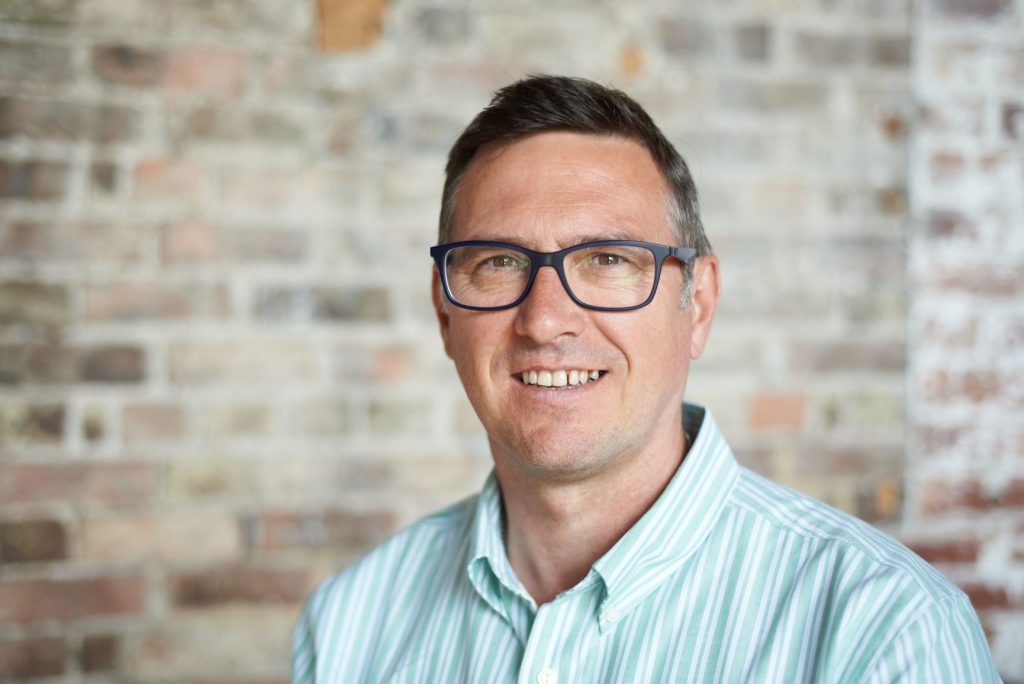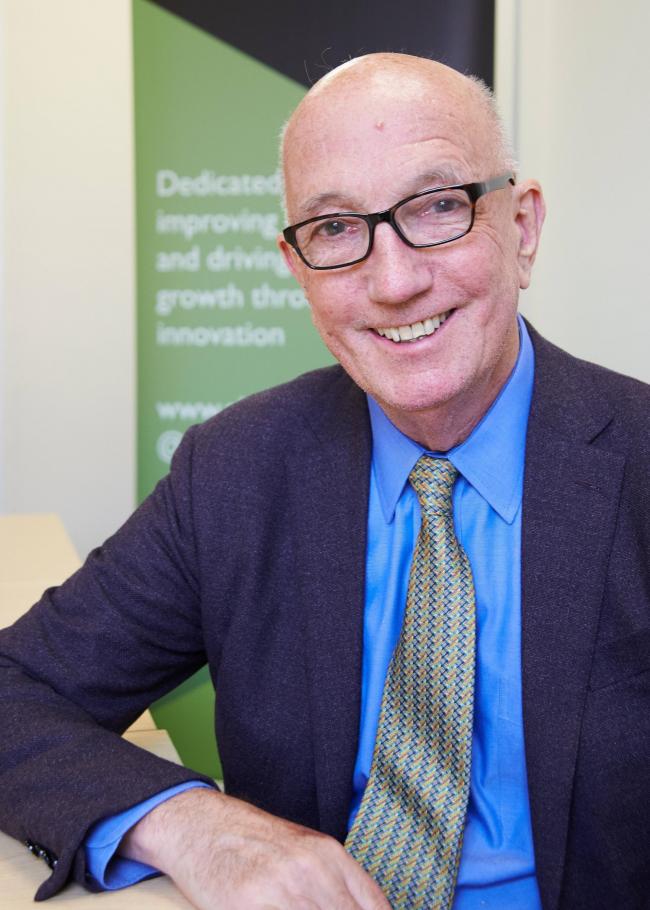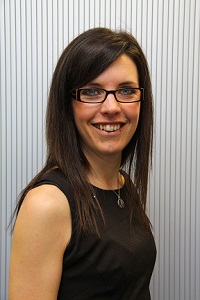Webinar: Helping to identify and manage deterioration for care home residents
09/06/2020 1:00 pm to 09/06/2020 3:00 pm @ Online Event
Event Details
- Online Event
Event Details
**This event has now passed**
The webinar was designed for care home staff, care home managers and owners, community nurses and other colleagues supporting care homes. Before the Covid-19 outbreak, care home staff and community nurses and educationalists across the North East and North Cumbria joined forces to develop a communications tool to help identify when residents were becoming unwell, a set of measures to help when referring on and a tool to structure the information.
The ‘Is my resident unwell?’ tool.
The outbreak and rapid spread of Covid-19 is putting care homes through great challenges and staff are at the forefront of that challenge. To support those efforts we wanted to re-launch the tool and provide useful information and access to a set of national short videos which can help you provide quality care for your residents.
During the webinar we discussed:
- The context and background to the Well Connected Care Homes programme of work
- Introduction to the ‘Is my resident unwell?’ Communication Tool which was launched at our event on 4 March 2020.
- What is NEWS2?
- How to check oximetry
The webinar can be viewed here: https://youtu.be/7imZlsZxMx8
A pdf of the presentations can be viewed here.
For further information, please email [email protected]
Resources
Primary care in care homes during Covid-19 webinar
This webinar on Wednesday 27 May 2020 shared examples of current good practice and collaboration between primary care and care homes, including resources to support virtual ward rounds.
Chaired by Dr Jonathan Leach OBE, RCGP Hon Sec and COVID lead, with Anita Astle MBE, Managing Director of Wren Hall Nursing Home in Nottingham, and Dr Alison Tavaré, Primary Care Clinical Lead at West of England Academic Health Science Network (AHSN) the webinar explored:
- RCGP ‘top tips’ for GPs caring for care homes
- Providing person-centred care in times of COVID-19
- COVID-19 virtual wards
- Resources to support virtual ward rounds
You can watch a recording of the webinar here and download the presentation.
This was the second in a series jointly organised by the Royal College of General Practitioners and the AHSN Network. You can watch the first webinar here: Covid-19: Patient assessment and the role of physiology and oximetry.
New online video training launched for care home staff
Wessex and the West of England Academic Health Science Networks (AHSNs) and West Hampshire CCG, funded by Health Education England, have collaborated to produce a series of free videos and e-learning materials to support staff working in care homes to care for residents who are at risk of deterioration.
As recognised in a recent paper supported by North East and North Cumbria AHSN, identifying acute illness including sepsis amongst older adults in care homes can be difficult and opportunities to initiate appropriate care may be missed, if illness is not recognised promptly.
The short videos describe how to take measurements from residents correctly (such as blood pressure and oxygen saturation), spots the signs of deterioration, and prevent the spread of infection.
The films are available to watch on YouTube here.
You can also access the films as part of the full training on Health Education England’s e-Learning for Healthcare (e-LfH) Hub (www.e-lfh.org.uk), an educational web-based platform that provides quality assured online training content for the UK’s health and care workforce, from this link.
Dave Belshaw
Health Programme Manager
Well Connected Care Homes, Admiral Nurse, Deteriorating Patient
Academic Health Science Network North East and North Cumbria
 Dave qualified as a Registered Mental Health Nurse (RMN) in 1990 and went on to hold a variety of clinical roles and management positions within the Northumberland locality, going on to operationally manage primary care focused community teams, as well as Crisis and Home Treatment teams and Deliberate Self Harm teams.
Dave qualified as a Registered Mental Health Nurse (RMN) in 1990 and went on to hold a variety of clinical roles and management positions within the Northumberland locality, going on to operationally manage primary care focused community teams, as well as Crisis and Home Treatment teams and Deliberate Self Harm teams.
Dave moved on to work in project management in the Durham locality, establishing Access, Booking and Choice pilots and also a new Crisis Team, before a regional service improvement role at the Northern Centre for Mental Health and then establishing a service improvement team for the National Institute for Mental Health in England (NIMHE) and then the Care Services Improvement Partnership (CSIP) across the North East and Yorkshire and Humber, successfully delivering improvement initiatives across the region.
He was part of the core development team, and eventually managed, the Mental Health First Aid programme nationally for the Department of Health before establishing it as a social enterprise. Following this Dave became head of the North East Regional Development Unit (NEMHDU) prior to establishing it as successful social enterprise for 7 years as its Chief Executive.
Dave has a Master’s in Public Administration as well as qualifications in complex programme management, consultancy and in 2011 completed his ‘back to practice’ programme to re-register as an RMN. He has experience in complex programme management, organisational leadership and with a particular emphasis on understanding the importance of stakeholder and relationship management.
Since August of 2017 Dave has lead on the Well Connected Care Homes programme for the AHSN NENC and more recently now leads the Admiral Nurse and Gram Negative Bloodstream Infection projects.
@AHSN_NENC
Professor Oliver James
Associate Medical Director, Academic Health Science Network North East and North Cumbria 
Oliver James has worked in and around the NHS in the NE for over 40 years. He was a consultant Physician, Professor of Medicine and Pro Vice-Chancellor of the Newcastle University Medical School. He has also been Senior Vice President of the Royal College of Physicians, and a member of the North East Strategic Health Authority and has been Chair of the HEE Local Education and Training Board.
@AHSN_NENC
Karen Hampshire
Clinical Educator, North Tees and Hartlepool NHS Foundation Trust
 Karen has been a nurse for 28 years, beginning her career in A&E before moving to work in Critical Care for some years but the majority has been in District Nursing.
Karen has been a nurse for 28 years, beginning her career in A&E before moving to work in Critical Care for some years but the majority has been in District Nursing.
Five years ago Karen joined the clinical education team in North Tees. This was when she was given the opportunity to work on the Care Home education programme that was being commissioned and the ‘North Tees and Hartlepool Education Alliance’ was set up. They continue to deliver training to the care homes across Stockton and Hartlepool.
@NTeesHpoolNHSFT
Catherine McShane
Project Manager Health Call, County Durham and Darlington NHS Foundation Trust
Catherine is a specialist dietitian with a career spanning 20 years. Initially specialising in care of the elderly in both the acute and community setting, more recently Catherine has been involved in developing training, resources and guidelines for health and social care staff to identify, treat and monitor undernutrition in the community. As a result of frustrations of not being able to monitor patients as regularly as needed, she sought a solution to improve the dietetic care that could be provided to patients at risk of undernutrition. This has led to the creation of NHS Health Call Undernutrition. Catherine has been instrumental in clinically leading the development, implementation and evaluation of this and is now supporting the development of further digital solutions for health care related issues.
@ctmcshane2000 @CDDFTNHS @nhshealthcall
Tony Roberts
Patient Safety Programme Lead, AHSN NENC
 Tony joined the AHSN in June 2014 to help set up the Patient Safety Collaborative and has been the Patient Safety lead since that time. He is also a Deputy Director (Clinical Effectiveness) at South Tees Hospitals NHS Foundation Trust and Deputy Director of the North East Quality Observatory Service (NEQOS).
Tony joined the AHSN in June 2014 to help set up the Patient Safety Collaborative and has been the Patient Safety lead since that time. He is also a Deputy Director (Clinical Effectiveness) at South Tees Hospitals NHS Foundation Trust and Deputy Director of the North East Quality Observatory Service (NEQOS).
Tony has been working on Quality Improvement since 1998 and is particularity interested in hospital mortality and the time-sensitive conditions, like heart attack, stroke, hip fracture, sepsis, community acquired pneumonia, acute kidney injury, venous thromboembolism and frailty that cause the highest volumes of deaths in hospitals. The requirements placed on the NHS from March 2017 to learn from deaths in care are especially important and Tony was closely involved in setting up the first Medical Examiner service in the North East and North Cumbria.
His background is in NHS measurement, Health Services Research, Epidemiology and Statistical Process Control.
@TonyRoberts9
